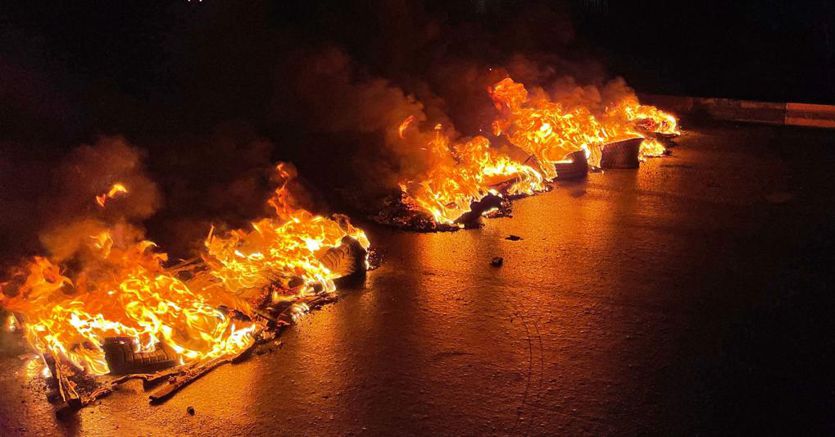The result is that oil production has collapsed, with exports ranging from 365,000 to 409,000 barrels per day. Last year it stood at around 1.2 million barrels. The UN representative in Libya, Stephanie Williams, appealed for calm, and in an interview with the BBC said: “These protests are a clear appeal to the political class to put aside their differences and hold the elections that the Libyan people wants”. But Libyan politics does not seem able to respond adequately. The latest round of talks in Geneva between the presidents of the two Parliaments, on the Constitution and the vote, ended in a stalemate.
The standoff between the two governments therefore remains: Tripoli, supported by the UN and with the support of Turkey and Italy, and Tobruk, supported by Russia (see the Putinian militias of Wagner’s mercenaries), Egypt, and the United Arab Emirates United.
From regional conflict to local war
Arturo Varvelli, director of the European Council of Foreign Relations in Rome, is critical of the international community which “must demonstrate firmness, the actors in Libya are counting precisely on the fact that we are not very present”. And he underlines how the Libyan conflict has taken a different, less regional and more local form. “If until a year ago it was a full-fledged proxy war, now it is a little less so and the regional players are less influential. The crisis today is much more Libyan, with personalisms and internal struggles from which there is no way out “.
«The Americans – remembers Varvelli – proposed a few days ago the formation of an interim government to manage current affairs, restart oil and give breath to the Libyan bank. If something similar is not achieved, the situation is bound to worsen ».
This is not Haftar’s first total oil freeze, but, as Anas El Gomati director of the Sadeq Institute recounts, “the difference is that now a global energy crisis is underway. and that Haftar has Russian mercenaries on the ground, mostly deployed in the center of the country, where the blockades are underway. The central question is whether Haftar has real control over oil. Russian mercenaries take orders from their payers, but they also take orders from the Kremlin. And Putin is benefiting from the global energy crisis. He wants to see Europe running out of alternatives for purchasing oil and gas. If the crisis in Libya continues, Putin benefits from it ».
